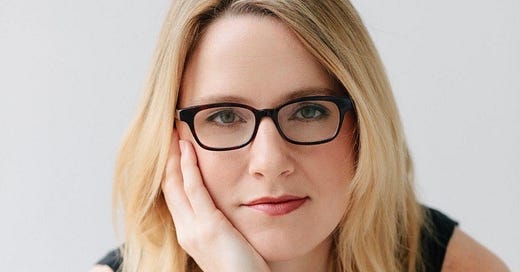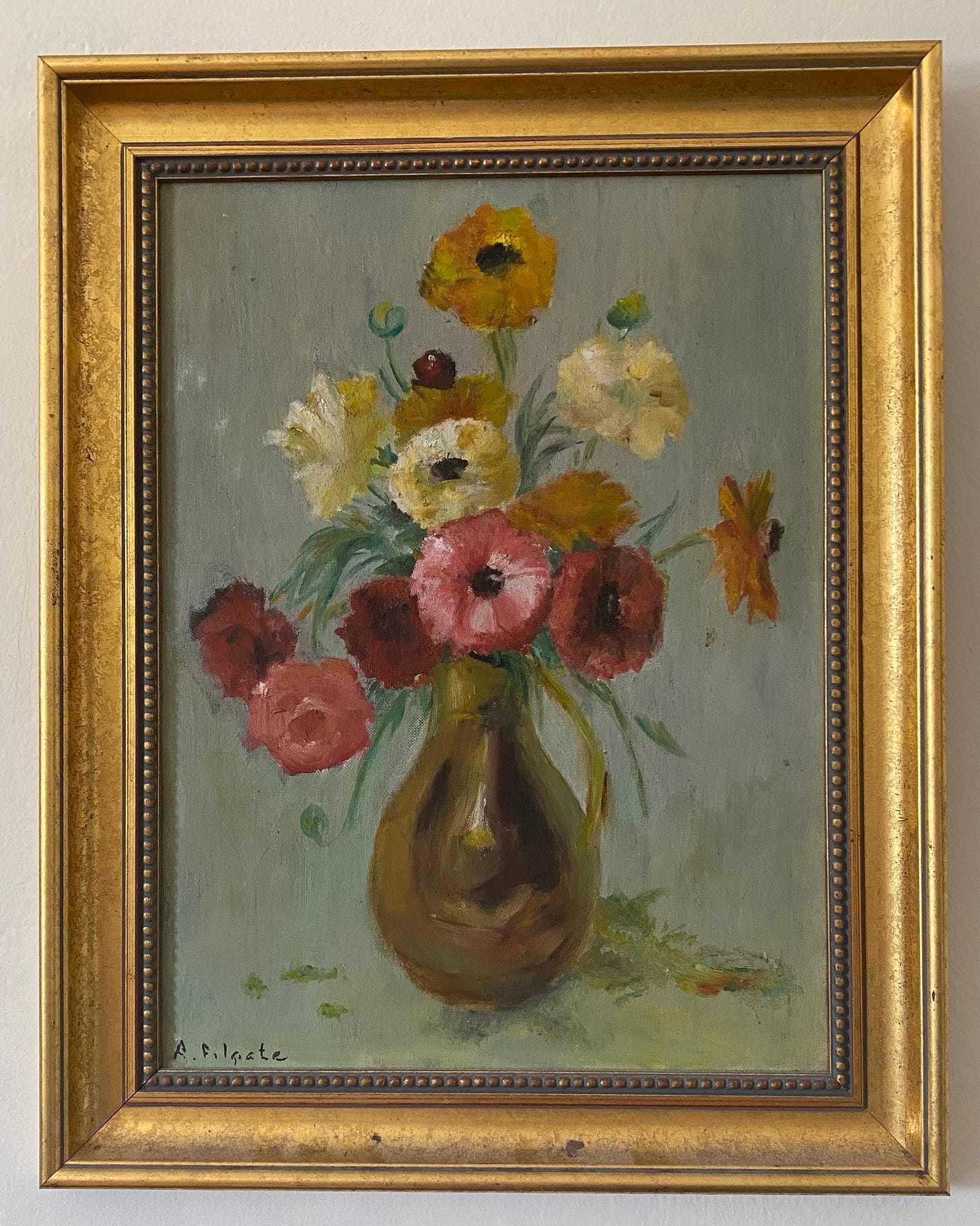Intimate conversations with our greatest heart-centered minds.
It’s safe to say, Michele Filgate is one of the loveliest humans on the planet. Kind, smart, funny, generous, willing to be vulnerable especially if it will help others, and a damn gifted writer. Her tender and searing essay What My Mother And I Don’t Talk About, which examines her relationship with her mom in light of her stepfather’s abuse, not only went viral, it led to an astonishing anthology of essays about relationships with our mothers—contributors include: Kiese Laymon, Nayomi Munaweera, and Alexander Chee. Her work has also appeared in Literary Hub, Refinery29, and The Paris Review, among others. Currently, she’s wrapping up her Masters in Fiction at NYU. And she’s published her first (wonderful!) short story, with more in the works.
Michele has a vibrant social media presence with posts focusing on joy, change, loss, grief, and, more recently, carefully getting back out into the world and having some long-awaited fun. Three years ago this July, her beloved Mimo died. One of many recent losses that have influenced the trajectory of her life path. And blown her heart wide open. But she’s in a fantastic new apartment with famous bookshelves, has a new job, an MFA—and spring is in the air.
We chatted about grief, the importance of daydreaming, and how to not avoid your own life.
There’s so much sorrow and trauma everywhere in the world today, I thought we might start by talking about grief. I know you’ve had your fair share of it. Perhaps the most tender is the loss of your Mimo in July 2019. But grief doesn’t require death. There’s so much loss right now: loss of stability, loss of pleasure, loss of hope, loss of excitement, loss of social connection, and more. What impact has all this loss had on your life? Where do you feel it in your body?
It's funny because right behind me is one of Mimo’s original paintings. She was so talented. She was a concert pianist and then a piano teacher for most of her life. But she also was an artist. I'm surrounded by artifacts of hers. I have this old desk of hers that my dad gave me. And I have her sunglasses, sitting on top of my one of my bookcases. She was wearing those sunglasses when she died. So that's literally the last thing that she saw the world through, which is really profound to me.
2019 was one of the best years of my life and one of the worst years of my life. My anthology came out. But then my uncle died. And a few months later, my grandmother, Mimo, died. And then we went from that year to 2020. I was in Italy, when the pandemic began, of all places in the world to be, and had to cut my fellowship short and fly home.
I definitely feel the grief in my body. Everyone I've talked to about this, we all feel like our bodies have changed a lot. Obviously, we've aged a few years because of the natural progression of time, but it feels like so much more than that. With all of the loss that we've experienced of the huge things and the small things—small things being not being able to go sit in a cafe and write or meet friends for dinner at a restaurant, and the large things being human lives lost—we’ve experienced this profound shift and we’re realigning what is important to us. Recognizing what you do or don't want to do in your life and what you want to prioritize and what you want to spend your time on and give your energy to.






